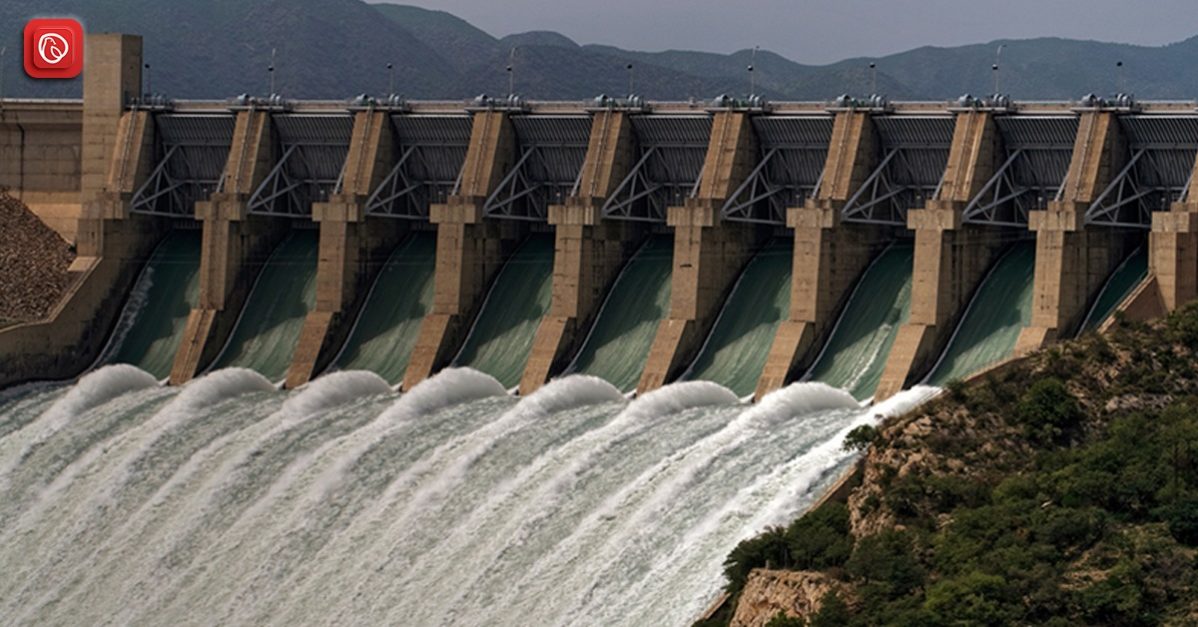If you’re seeking a remarkable blend of natural beauty, engineering prowess, and a glimpse into Pakistan’s rich history, look no further than the Warsak Dam. The concrete body hydroelectric dam on the Kabul River, operational since 1960, stands as a testament to human ingenuity, providing not only power but also sustaining agriculture and offering a picturesque destination for tourists.
In this blog, Graana.com will share some interesting information on this majestic dam.
Warsak Dam History
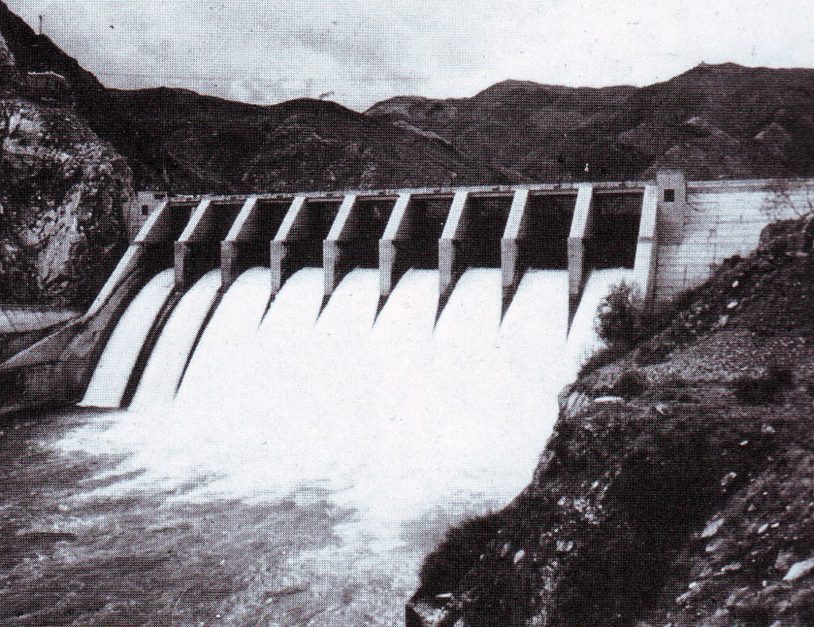
The Warsak Dam is a symbol of international collaboration and was constructed under the Colombo Plan. The visionary project aimed to foster economic and social development among member countries. The dam’s construction began in 1949, and it reached completion in its first phase in 1960.
A Powerhouse of Energy
One of the primary purposes of the Warsak Dam is power generation. It boasts six turbines designed to produce a total of 243 MW of power. These turbines represent a significant contribution to Pakistan’s energy needs. It is one of the most important dams in Pakistan.
Canadian Assistance
The Canadian government played a pivotal role in the realization of this monumental project. The first phase saw the construction of the dam, irrigation tunnels, and the installation of four power-generating units, each with a capacity of 40 MW. Additionally, a 132 KV transmission system was put in place.
Continued Growth
In the second phase of development, two more generating units with a combined capacity of 41.48 MW were added in 1980-81. This expansion ensured that the Warsak Dam could meet the growing demands for electricity in the region.
A Vision for Rehabilitation
Today, a collaborative effort involving Pakistan, Germany, France, and the European Union is underway to rehabilitate the Warsak hydroelectric power station. The ambitious project aims to address several critical issues, including regaining lost capacity, upgrading and modernising the aging infrastructure, and ensuring the dam’s functionality for another 30 to 40 years.
Scenic View of Warsak Dam, Peshawar
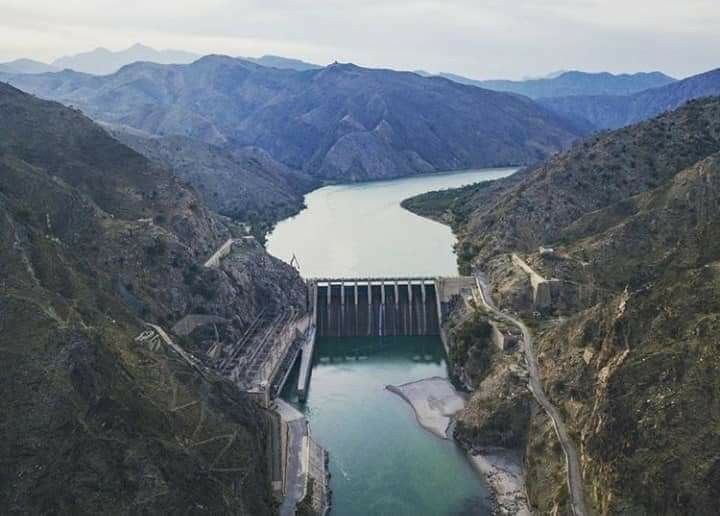
As varied as its past is the environment around the Warsak Dam. Different weather conditions it encounters influence how it operates and how the neighbourhood is affected.
Tempting Summers
Warsak Dam experiences warm, dry summertime conditions. High evaporation rates due to the high temperatures, especially during the day, may lower reservoir water levels. For irrigation and electricity production to continue throughout this season, efficient water management measures are essential.
Chilly winters
The area experiences colder winter temperatures. Visibility close to the dam may be impacted by cold weather and sporadic fog. In addition, increasing river water flow brought on by snowfall from higher elevations can cause reservoir levels to rise, requiring careful management and monitoring.
Monsoon Magic
The monsoon season normally lasts from July through September, and Warsak Dam is no exception. Heavy rains at this season replenish the reservoir, guaranteeing sufficient water levels for dam operation. The necessity for flood control measures and increased sedimentation are two issues that can arise from severe rain.
The storage of water, production of energy, and general effectiveness of the dam are all directly impacted by these weather patterns, thus understanding them is essential. To maximise resource use while reducing hazards associated with the weather, effective monitoring and adaption methods are put into place.
How Can I Get to Warsak Dam?
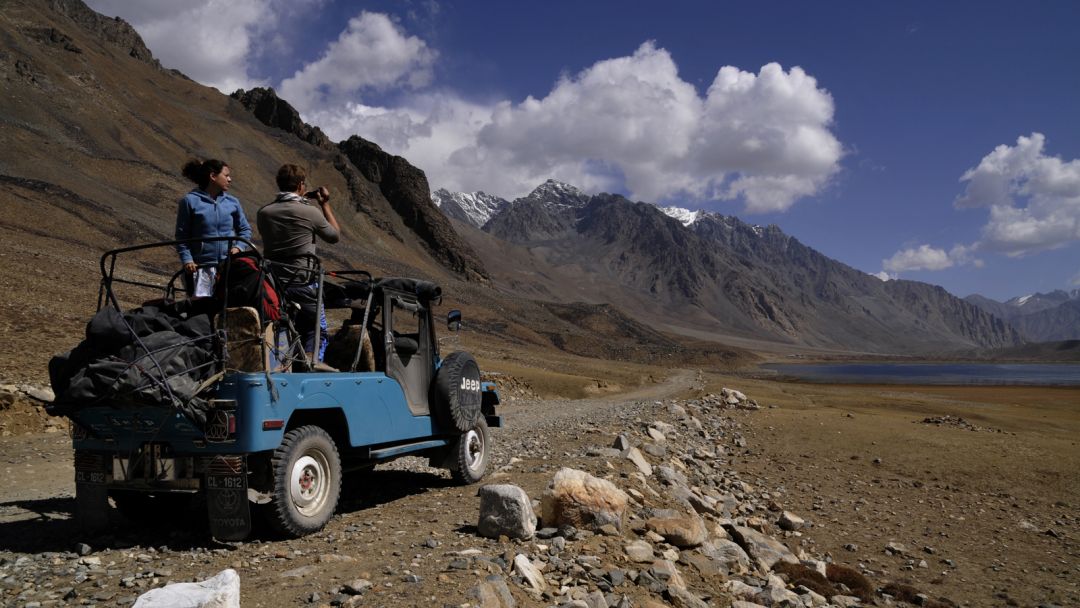
It’s a fun trip to visit the Warsak Dam, and it’s simple to get there using a variety of transportation options. You may easily get to this wonder whether you’re travelling by plane, road, public transportation, or private automobile.
By Air
The Bacha Khan International Airport in Peshawar, which is located about 30 km from Warsak Dam is the closest airport. To get to the dam conveniently from there, you may either call a cab or use a ride-hailing service.
By Road Warsak Dam has great access to the road network. Following the Peshawar-Torkham Highway, continue Warsak Road till you arrive at your destination if you are travelling from Peshawar. Accurate directions from your location can also be obtained using online maps and GPS navigation equipment.
Using Public Transit
Regular buses and vans run routes to Warsak Dam from Peshawar and adjacent areas for those who prefer public transit. You can get directions to these options from nearby bus stops or helpful locals.
Private Vehicle
Driving to Warsak Dam is a nice option if you have a car. The trip is hassle-free thanks to the paved roads around the dam and the parking spaces that are readily available.
When you get at the dam, be ready for specified access points or checkpoints where, depending on the rules, you might need to register or request permission. Always confirm any entry requirements or restrictions with the dam administration or the local government before your visit.
Activities at Warsak Dam
The journey to Warsak Dam is not only about reaching your destination; it’s about the experiences and activities awaiting you. The region surrounding the dam offers a range of options for visitors.
Scenic Beauty
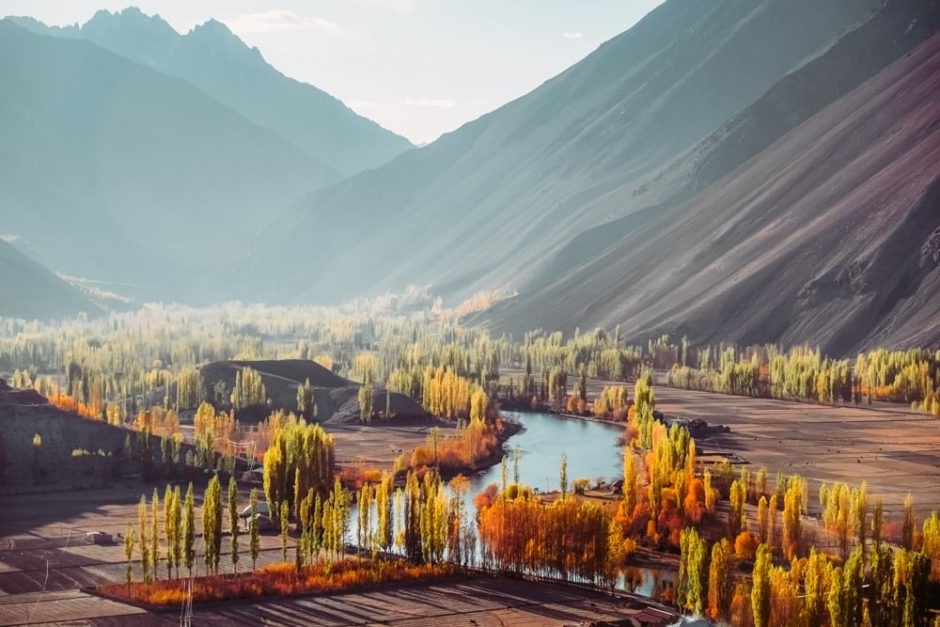
The road to Warsak Dam is not only suitable but also safe, lined with hotels, shops, and other amenities. The dam itself offers breathtaking views, including the spillways and power plants. It’s a sight to behold, and you’ll find ample opportunities for photography and sightseeing.
Boating and Fishing
Warsak Dam is an ideal spot for boating and fishing enthusiasts. The calm waters provide the perfect backdrop for a relaxing day on the lake. Fishing enthusiasts can try their luck, and boating enthusiasts can enjoy the serene surroundings.
Rest and Relaxation
For those seeking a more leisurely experience, Warsak Dam features a rest house where you can unwind and appreciate the dam’s natural beauty. Whether you’re enjoying a picnic or simply taking in the scenery, it’s a tranquil escape.
Flood Control System for Warsak Dam
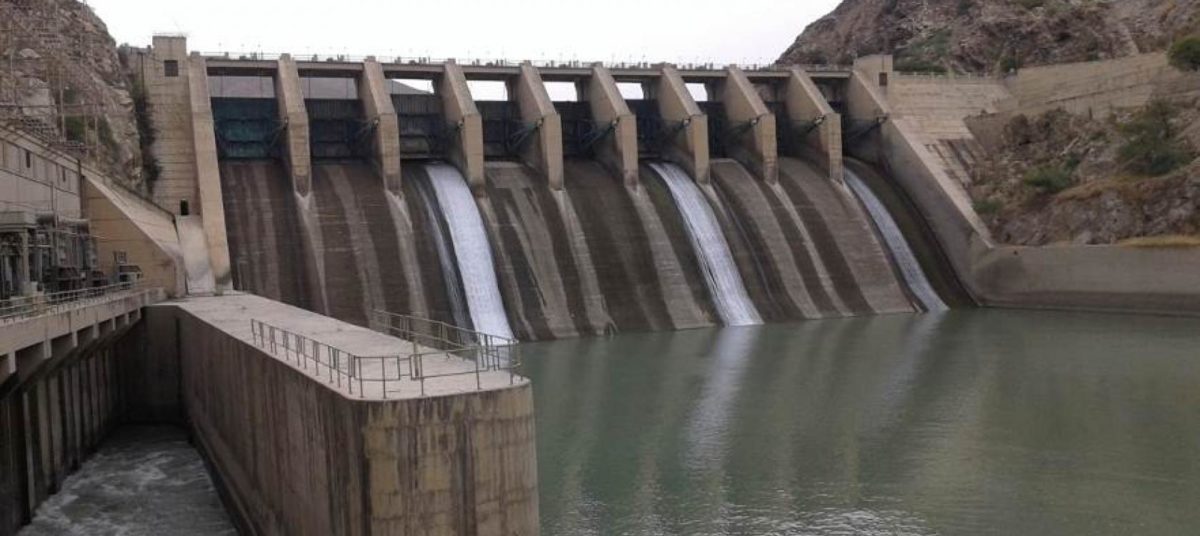
When working with dams, safety comes first, and the Warsak Dam is no exception. The dam is outfitted with flood control technologies to regulate and lessen the effects of possible floods in the area.
Drains and Gates
In times of heavy rainfall or significant water inflow, the spillways and gates on the dam can be opened to discharge extra water. This carefully managed outflow lessens the possibility of downstream floods and aids in keeping the dam from cresting.
Protocols and Monitoring
The managers of Warsak Dam, including Pakistan’s Water and Power Development Authority (WAPDA), keep a tight eye on the weather, the intake of water, and the levels in the reservoir. Regarding the dam’s water discharge, wise choices are made. Flood warning systems are installed in downstream locations to inform locals of potential flooding.
Conclusion
The Warsak Dam on the Kabul River is not just a marvel of engineering; it’s a symbol of collaboration, progress, and natural beauty. Whether you’re interested in its history, its role in power generation, or simply seeking a peaceful retreat, Warsak Dam has something to offer. So, plan your visit, explore its wonders, and witness firsthand the majesty of this remarkable structure.
Read more about planning a Day Trip to Peshawar: Top Attractions to Visit or Warsak road Peshawar
FAQs about Warsak Dam
What is the main purpose of Warsak Dam?
The primary purpose of Warsak Dam is hydroelectric power generation, irrigation for agriculture, and flood control.
How does weather affect Warsak Dam?
Weather impacts the dam’s operations, with hot summers causing water loss through evaporation and cold winters increasing water flow. Heavy rainfall during the monsoon season replenishes the reservoir.
What’s the status of the dam’s rehabilitation project?
A rehabilitation project, funded by Germany, France, and the European Union, aims to enhance the dam’s capacity and extend its operational life.
Are there visitor restrictions at Warsak Dam?
Visitors may need to register or obtain permission at designated entry points. Checking with local authorities or the dam administration for requirements is advisable.
How can tourists reach Warsak Dam?
Tourists can access the dam by air via Bacha Khan International Airport, by road, or by using public transportation like buses and vans from Peshawar and nearby towns. Private vehicles are also an option for reaching the dam.
For more details, visit Graana blog.
